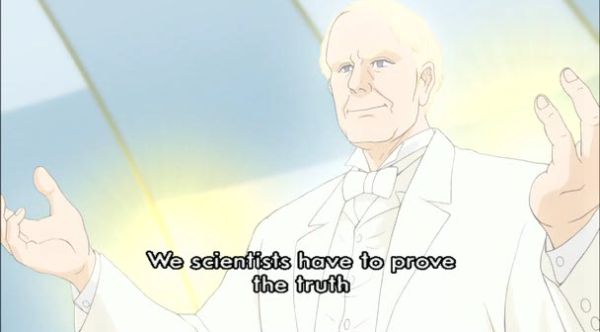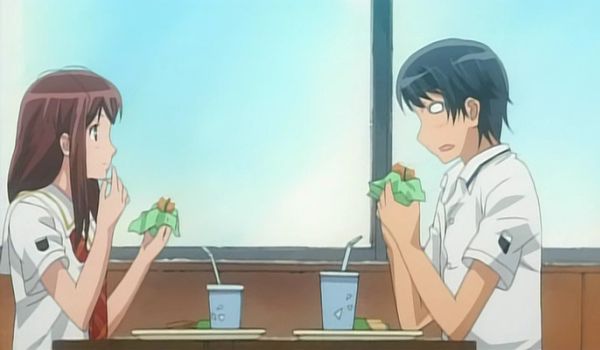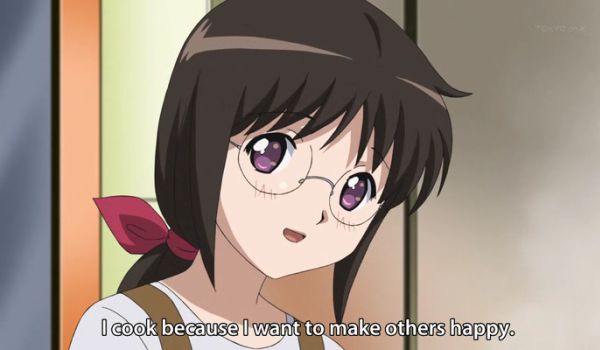One Dragon in hand is better than pain in two wrists.
From my LiveJournal:
Today I received my copy of Dragon NaturallySpeaking 11, the newest and best in speech recognition software. I use the home edition, which is theoretically priced at $99 at Amazon, but can frequently be bought at a lower price (especially after the first few weeks). The new version is said to be 15% more accurate, but you are not likely to recognize this right away since version 10 was already 99% accurate (for native English speakers).
If you are one of those people who habitually speak, this program is like science fiction. I can dictate text, of course. But I can also say “start OpenOffice”, and the Dragon will start OpenOffice (which is now supported in the same way as Microsoft Office). Or I can say “list all windows” and the Dragon we give me a list of all the open program windows and let me select one of them. Or I can say “switch to Opera”, “switch to OpenOffice”, or “search the web for cats and dogs living together” and Dragon will do just that. (Except it just thought I said “search the bed for cats and dogs living together”, which is still beyond its capabilities, I am happy to say.)
Unfortunately, Dragon NaturallySpeaking is not designed to run on Linux. While some people have got it to run under WINE, it needs to be restarted frequently, and of course it cannot execute operating system commands.
This is one impressive piece of software, and it gets better the more you use it. You can also allow it to rummage through your documents so it can get a better idea of the things you habitually write. You can also train it by reading texts that are prepared for that purpose, but this is not strictly necessary. It works decently right out of the box, and quickly learns from its mistakes when corrected (unlike some people!)
I already wrote a bit about it when I ordered it. My impression now is much the same, but slightly better. As you can see from my LiveJournal entry, I had some fun with giving commands to Windows. I know some of these where available also in the previous version, but there was no easy way to remember what was possible without thumbing through the manual. Now there is the “Dragon Sidebar” which presents a list of the most common commands right there on your screen.
Unfortunately, this sidebar has a bug: After I closed it, the icons on my desktop were moved out of its way. I have a row of icons on the left edge of my screen, where they are out of my way. That is also where I docked the Dragon Sidebar. It’s default position is on the right, and it is possible that it works as intended if you keep it there. Perhaps they simply never tested the other positions?
Another quality-of-life improvement is the ability to work with more programs than before. Well, actually it worked with a lot of programs already, but only to a limited extent. Mostly it only has full functionality in Microsoft Office and its own dictation box / DragonPad (basically a copy of WordPad). In other programs it had limited functionality: You might not be able to select text you had already written, it might not automatically capitalize the word after a period or exclamation point, or corrections might truncate the text. At least those where the errors I encountered most often.
These problems still exist, but not in as many programs as before. Dragon 11 supports OpenOffice and Google Docs, two popular free alternatives to Microsoft Office. It also has better support for other browsers than Microsoft’s Internet Explorer, although it still has some problems with Google Chrome. (I am writing this in Google Chrome, for some reason. I usually have both Opera and Chrome open at the same time but pointing to different websites.)
Well, that’s enough for tonight. I can only speak a limited number of words in one evening, after all. Besides, I’m not used to thinking with my mouth, so it is slower than typing. And I still have to correct a mistake or two in almost every sentence. This version is said to be better at learning from its mistakes than ever before. If the same could be said of me, however, I would already be in bed now!






